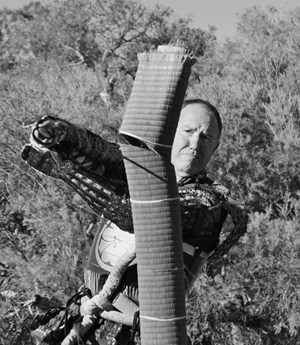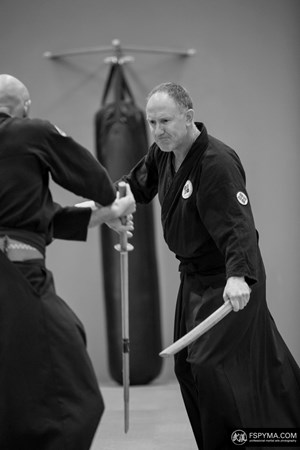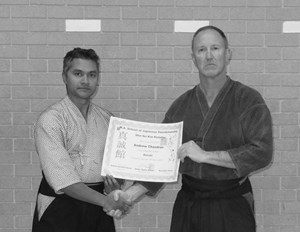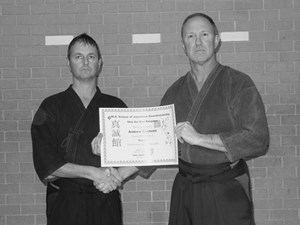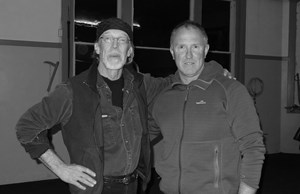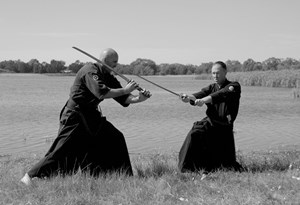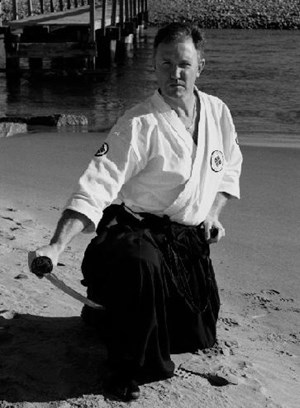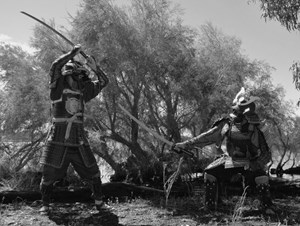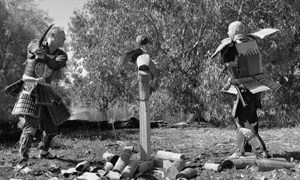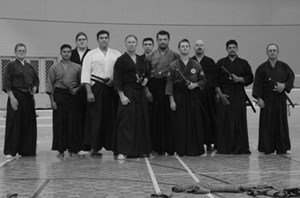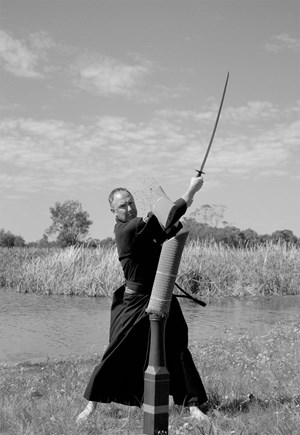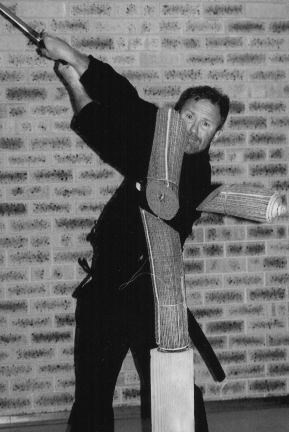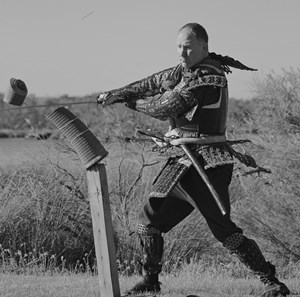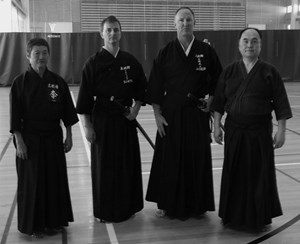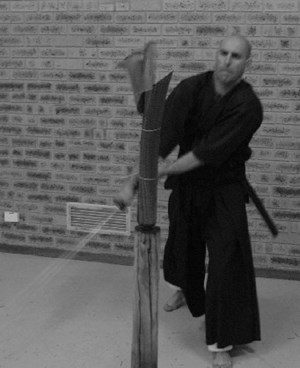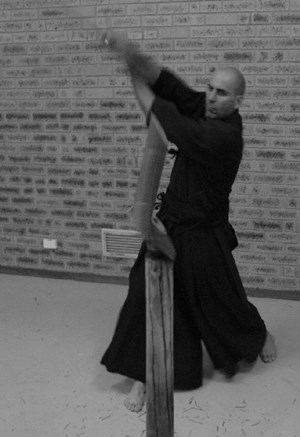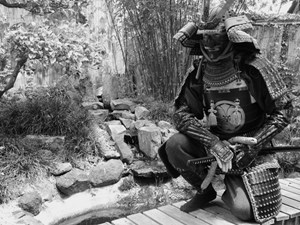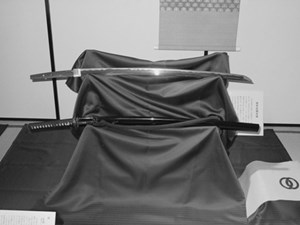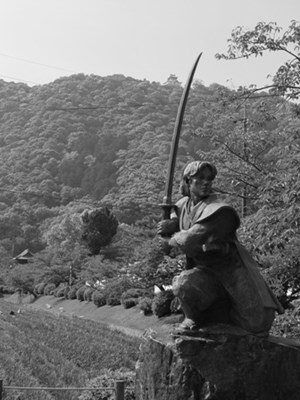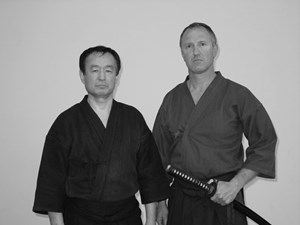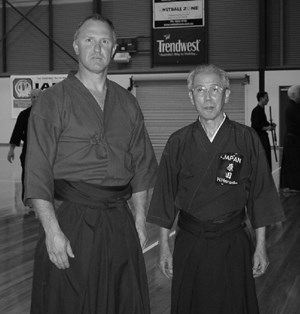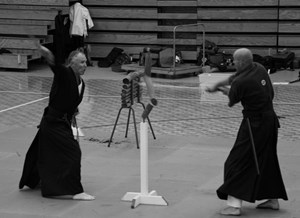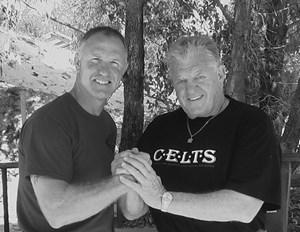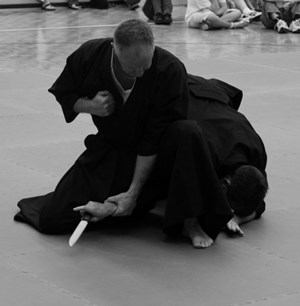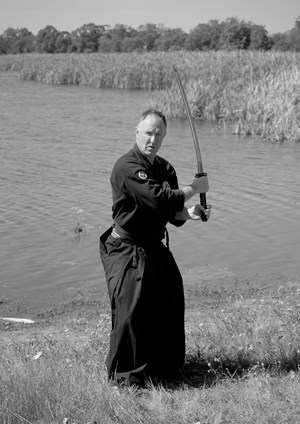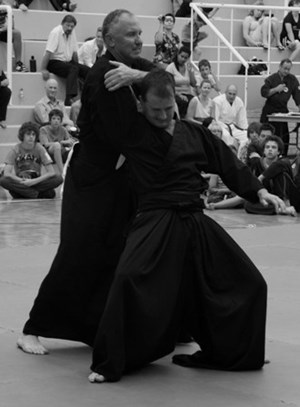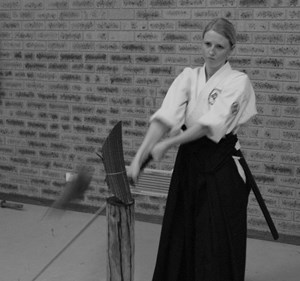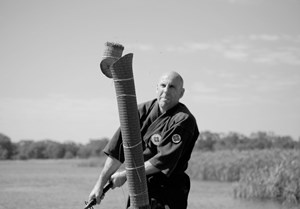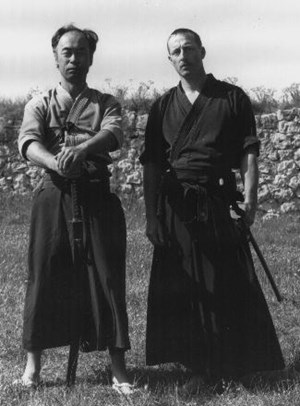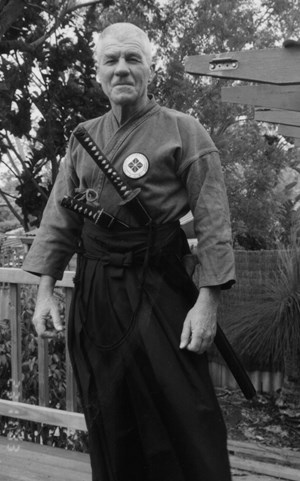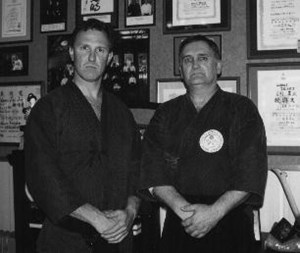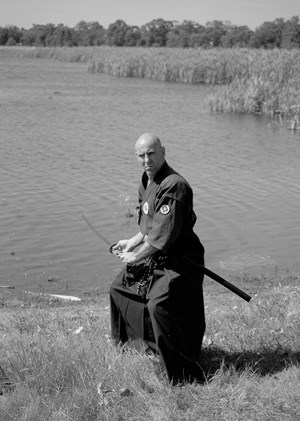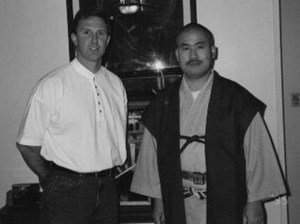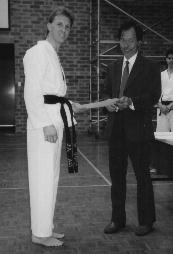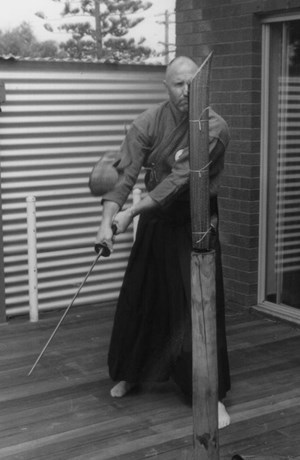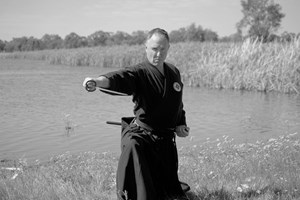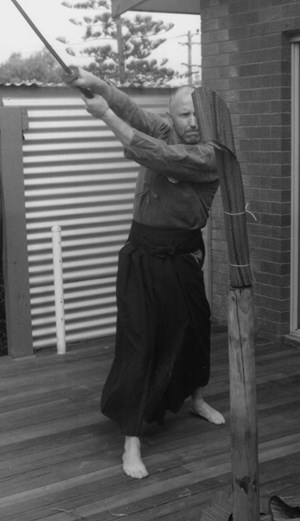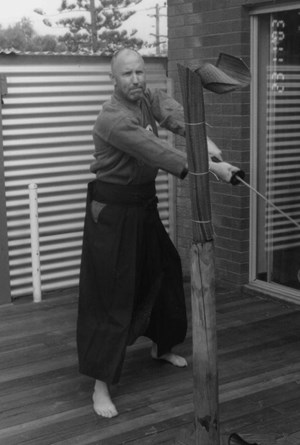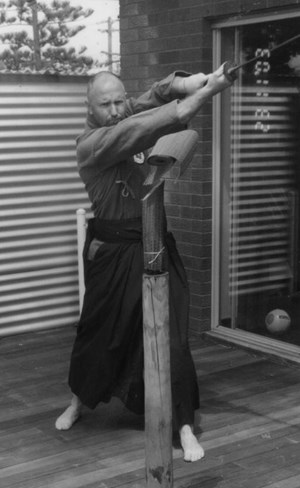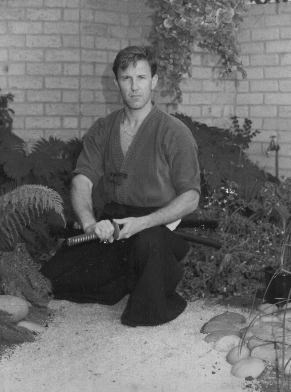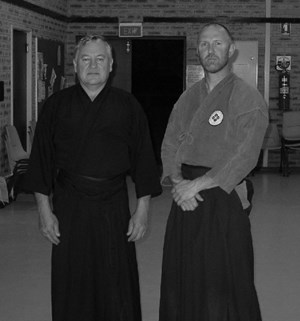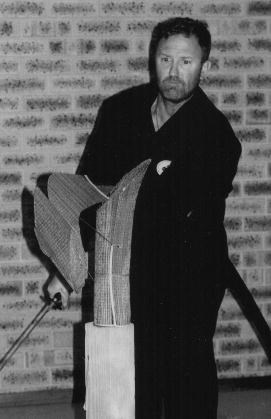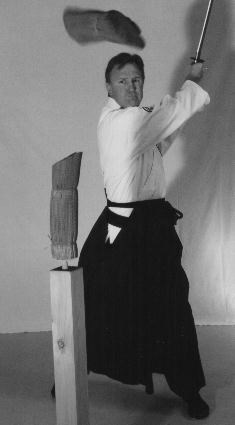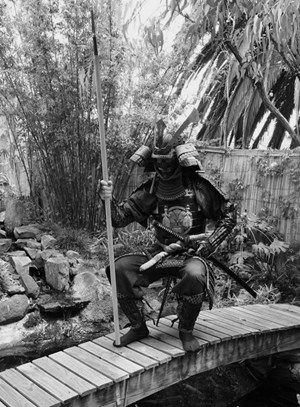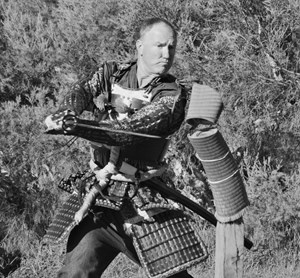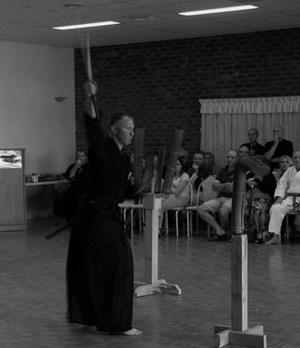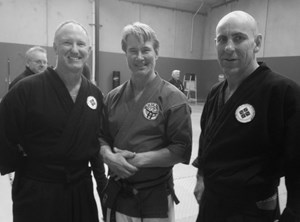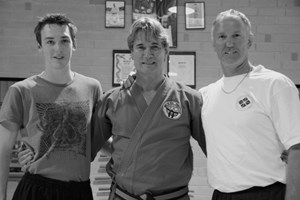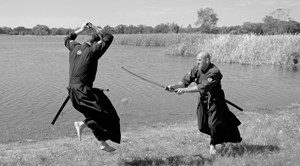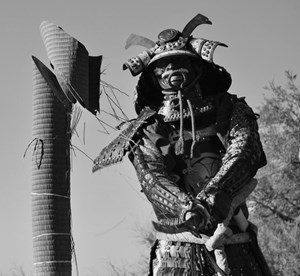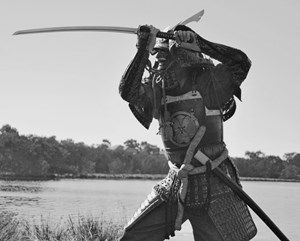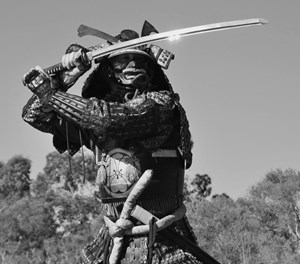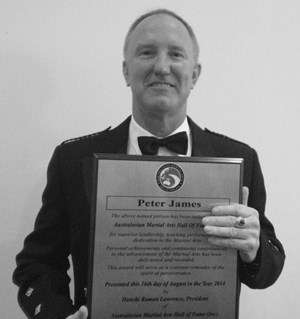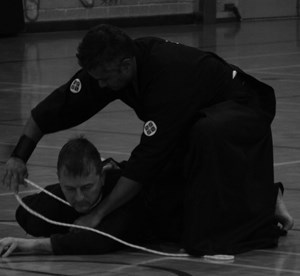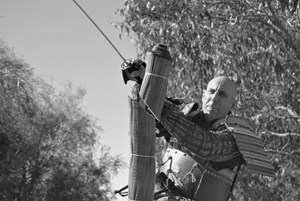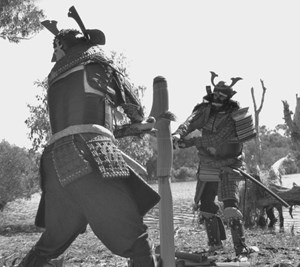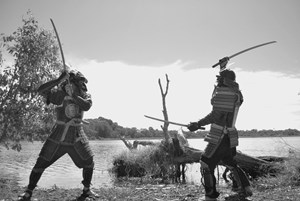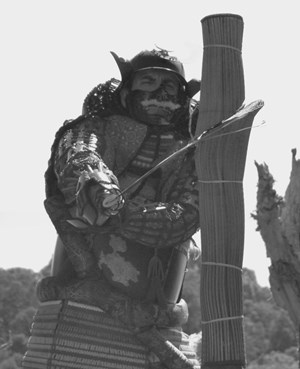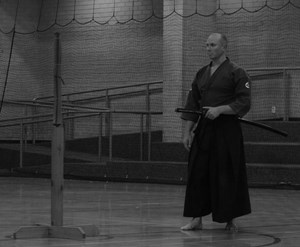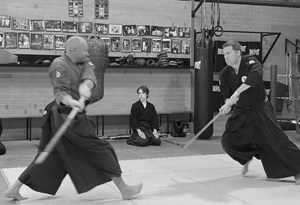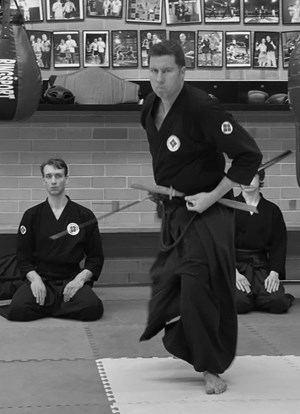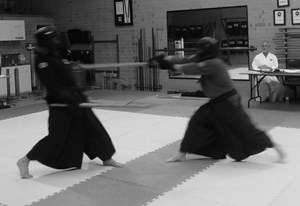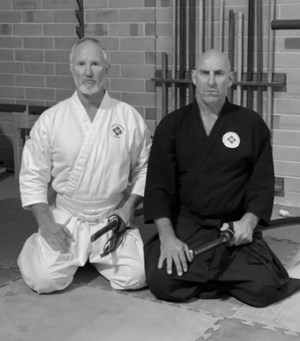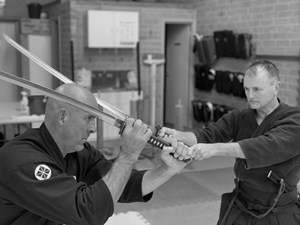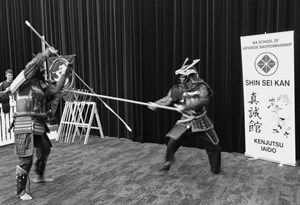Chess: A Martial and Business Training Ground
Chess: A Martial and Business Training GroundBy Sensei Doug Spear
Chess is a game crammed full of excitement and interesting problems for the players, so that you become absorbed in the same way as if you reading a good novel.
Chess is a fascinating ancient war sport (also an art and science) combining the excitement of tactics with the intricacies of long-range strategy. Those strategists able to distinguish the subtle transitions between the different phases of battle (opening, middle game and endgame) will certainly maintain a tangible advantage over the opponent. In fact, this is what separates a chief strategist apart from others. The idea of when to conduct a direct frontal assault, defend a strategic post, or launch a surprise counterattack appear to be simple concepts but each involves a constant assessment of resources, timing and planning.
The unique strategic characteristics of chess are certainly applicable to both military science and business dynamics allowing the implementation of its principles. In chess, it is important to understand the terrain (or position) and adapt to both gradual and abrupt changes. It is also just as important to understand the opponent and his characteristics and tendencies.
Quotes
In the annals of warfare (i.e., business, chess and martial arts), it is common knowledge to strike the opponent at his weakest point with maximum efficiency of force. Of course, one wants to appear near to the opponent when actually far; appear far when actually near. This tactic keeps the opponent confused.
"The enemy must not know where I intend to give battle. For if he does not know where I intend to give battle he must prepare in a great many places." (Sun Tzu)
"During the game of chess, maybe the most important job of any player is position analysis. Believe it or not, a lot of the time a grandmaster spends thinking during a game is not dedicated to the future. Rather, it is dedicated to the present. You see, finding the right plans and moves can only happen if you are very aware of the current situation." (Schwartzman, July 1998)
"And so it is in business, before devising the strategy of how to compete in the marketplace, it is absolutely vital to understand that marketplace perfectly. This involves realizing what the strengths and weaknesses of the company are, who the competition happens to be, what their strengths and weakness are, what market characteristics stand out, and many other pieces of information that the business review process is meant to reveal." (Schwartzman, July 1998)
"Knowing the opponent and understanding him as a human being enables one's own strategy with greater accuracy. To be successful a chess player must have the ability to understand his opponent's intentions." (Krogius, 1976)
"Timing is about being in the right position to take advantage of an opening as it occurs, if you see it and react, it's too late" (Ziabelo 2000)
The diversionary tactic (e.g., sacrifice) is designed to cause the opponent to divert resources from a strategic point and weaken his position. In martial arts, if a practitioner moves to defend a perceived weakness or react strongly to a perceived threat he will open up other areas to attack. If a business begins to expand to defend their position, resources (financial, personnel, material) become overloaded and eventually the mechanism begins to break down. In chess, we understand the danger of having overloaded pieces, which hold the position together by a mere thread.
When that defending piece takes a direct hit, the position collapses… such is also true in life and business.
Chess also teaches one not to relax once an advantageous position has been attained. Such lapses result in brutal punishment. The parallels in chess are striking. "It is quite clear that one can well achieve a winning position, but as a result of relaxing the tension, or failing to pay attention even for a second, turn the won game into a lost one." (Krogius) In a martial sense this relaxation from an advantageous position is a type of arrogance which has led to the ultimate loss of an encounter either between armies or individuals. Learning to stay focused throughout the encounter is key. A hungry lion takes down a rabbit with the same focus as an antelope. In a business sense, the market leader is always hunted and cannot relax for one moment lest a favourable market position is lost quickly.
Chess is a simulation of the martial cycle and the business cycle employing many of the same tactics and strategies. Serious study of this ancient sport serves as an instructive method for appreciating interactive dynamics.
